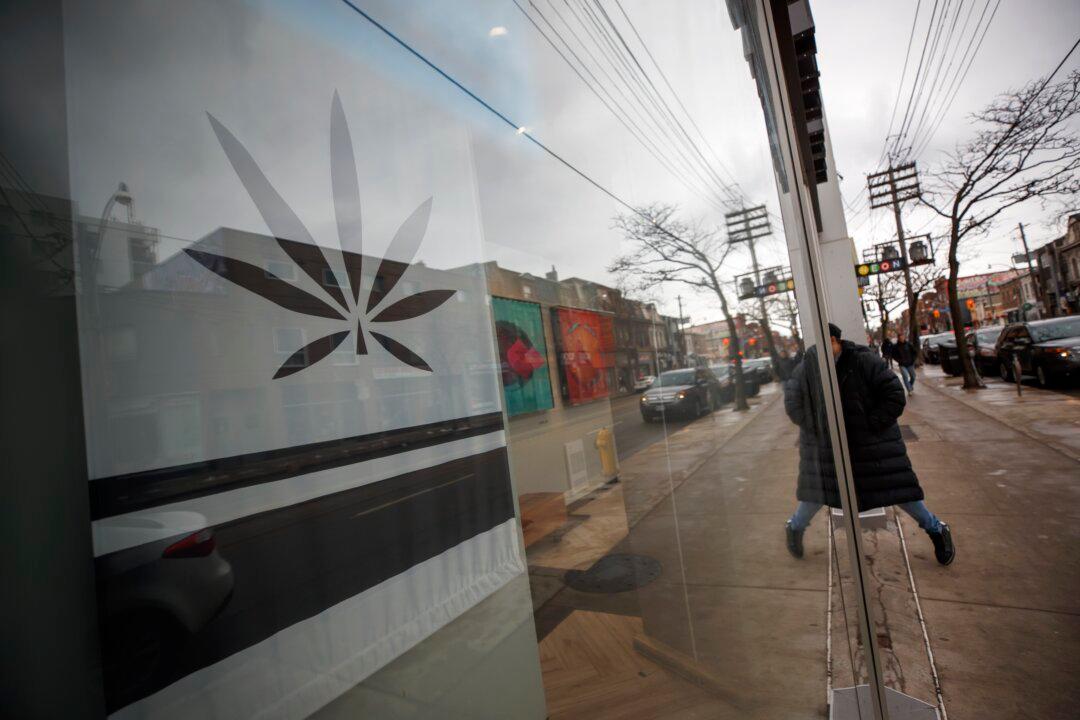Emergency care and hospitalizations are 22 percent higher among Canadians who use cannabis compared with those who don’t, a new study has found.
Led by researchers at Unity Health Toronto, a Catholic hospital network, the study found that recreational cannabis use is linked to a heightened risk of emergency care and hospital admission for any cause.





